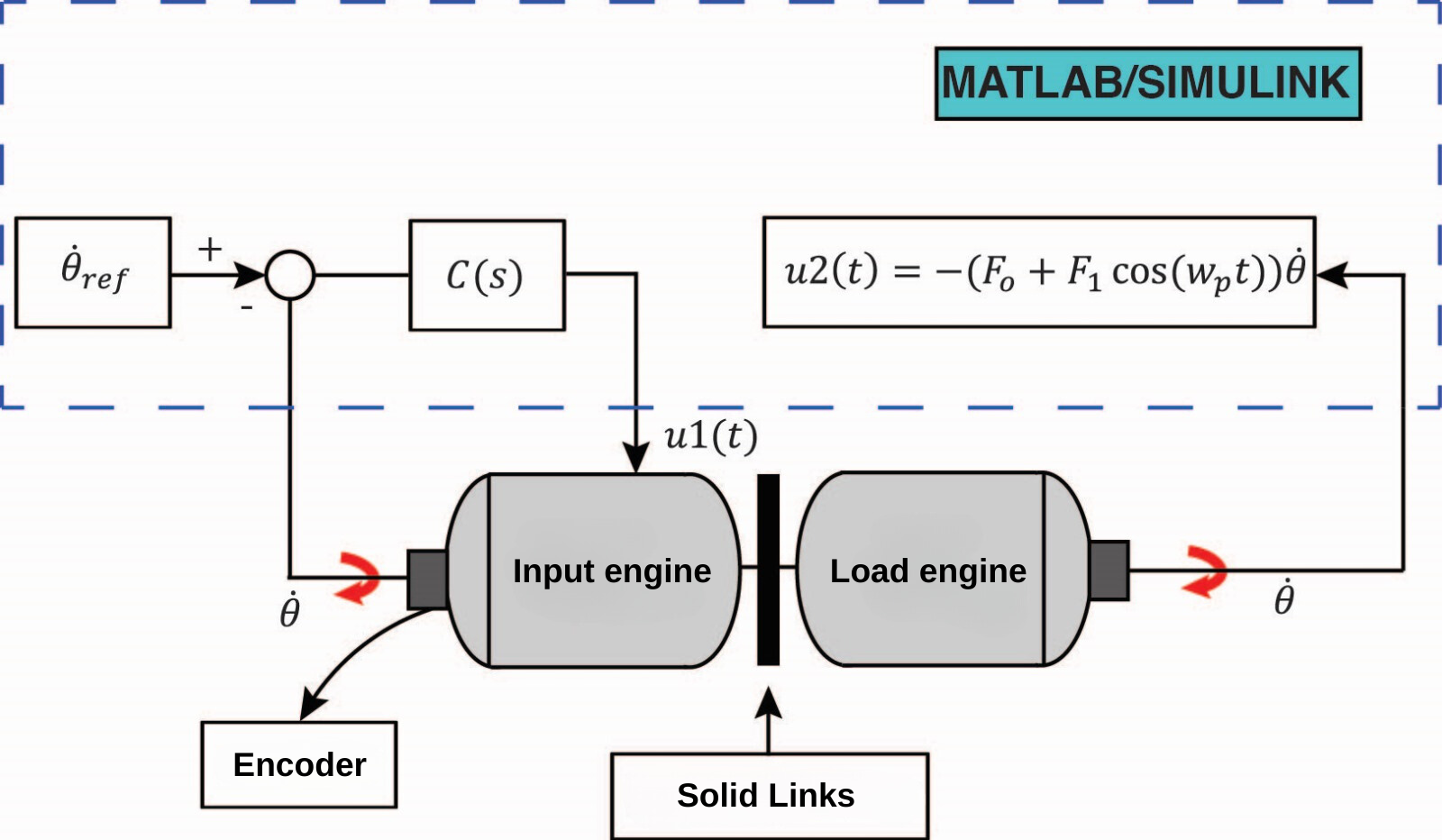Development of Data-Driven System Identification Methods for Linear Time-Periodic Systems

Spotlight
funded by
TÜBİTAK 1001 Scientific Research Projects Program
PI:
Ismail Uyanik, PhD
Ongoing 01/09/2024
Abstract
This project focuses on the development of unique system identification algorithms by addressing three main problems for the identification of Linear Time-Periodic (LTP) systems. As known, LTP systems are reflections of numerous phenomena in both nature and engineering fields. Until today, analyses for many LTP systems have been conducted using classical Linear Time-Invariant (LTI) system identification methods. However, due to increasing needs, these algorithms are insufficient for the system identification of structures such as helicopter rotor dynamics and wind turbines. Motivated by all these, we focus on the development of original system identification algorithms for LTP systems within this project. The first subject of our study is to develop a system identification method that would allow obtaining a representation in Floquet form in the time domain for discrete-time LTP systems. The Floquet theorem proves the existence of a similarity transformation that makes the state matrix independent of time for LTP systems. However, it is uncertain how to find this transformation. Our goal is to develop a system identification method that will allow direct state-space estimation in Floquet form for LTP systems in the time domain. Secondly, the development of a subspace-based system identification method capable of estimating a state-space structure in the frequency domain for LTP systems with hybrid dynamics. Existing LTP subspace identification methods in the literature are generally focused on LTP systems with smooth dynamics. When these methods are applied to LTP systems with hybrid dynamics and therefore instantaneous transitions, they result in estimation of elements containing a complex structure and high amount of harmonics originating from the structure of the underlying sub-dynamics. In this section, our goal is to develop a subspace system identification method that enables the estimation of the relevant subsystems by incorporating the information of this switching signal into the system identification process when the scheduling function that provides the transition between two hybrid dynamics, that is, the structure of the hybrid system is known. Thirdly, unlike a classical LTI system, LTP systems allow independent estimation of delays in input and output signals through harmonic frequency responses. In this section, our goal is to develop an original system identification method that can independently estimate these two delays by characterizing the effects of delays in input and output signals on harmonic frequency responses. All of these studies will be validated on an LTP system experimental platform to be developed throughout the project. In this regard, our project will produce solutions for three main deficiencies in the literature from a theoretical perspective, and provide experimental validation for these methods.
Other Research
All
Ongoing
Completed
Ongoing
|
01/11/2023
Completed
|
17/04/2023 - 17/04/2025
Completed
|
01/11/2022 - 01/04/2023
Completed
|
01/08/2022 - 01/08/2023
Completed
|
01/06/2022 - 01/08/2023
Completed
|
01/04/2021 - 01/04/2023
Completed
|
01/01/2020 - 15/04/2020



